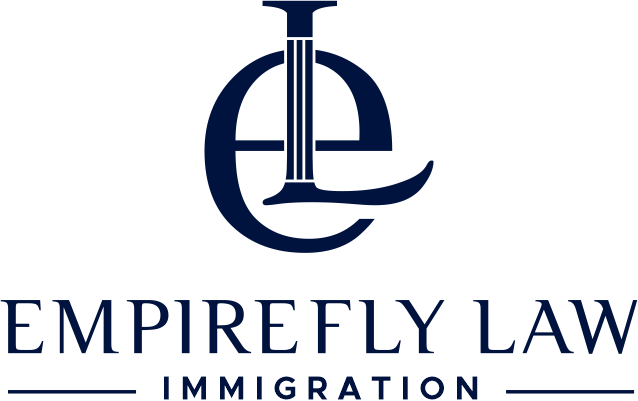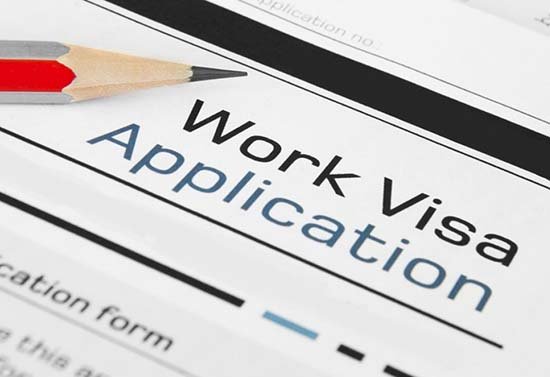Introduction
If you’re an African lawyer looking to establish a career and life in the United States, several immigration pathways can help you achieve permanent residency. This guide explores the most viable options, highlighting the requirements and processes involved for legal professionals.
1. Employment-Based Green Cards
a. EB-2: Advanced Degree or Exceptional Ability
– EB-2 with Advanced Degree: This category is ideal for lawyers with an advanced degree (such as an LL.M. or J.D. from a U.S. institution) or its equivalent. It requires a job offer and labor certification, unless applying for a National Interest Waiver (NIW).
– EB-2 National Interest Waiver (NIW): Lawyers can apply for an NIW if they can demonstrate that their work is in the national interest of the United States. This waiver allows them to bypass the job offer and labor certification requirements. For instance, lawyers specializing in international law, human rights, or other areas of public interest may be eligible.
b. EB-1: Extraordinary Ability, Outstanding Professors and Researchers, Multinational Executives
– EB-1A (Extraordinary Ability): Suitable for lawyers who have achieved significant recognition in their field. This category does not require a job offer, but applicants must provide evidence of sustained national or international acclaim, such as major legal awards, publications, or contributions to the legal field.
– EB-1B (Outstanding Professors and Researchers): For legal scholars or professors with significant academic achievements and recognition in the field of law. Requires a job offer from a U.S. educational institution or research facility.
– EB-1C (Multinational Executives and Managers): For lawyers who have served in a managerial or executive capacity for a multinational firm and are being transferred to a U.S. branch or affiliate.
2. Temporary Work Visas
a. H-1B: Specialty Occupations
– Eligibility: Lawyers can qualify for H-1B visas if they have a job offer in a legal specialty occupation that typically requires a U.S. law degree (J.D.) and bar admission. The employer must demonstrate that the position requires specialized legal knowledge.
– Cap-Subject and Cap-Exempt: The H-1B visa is subject to an annual cap, but certain employers, like universities and non-profits, may be exempt.
b. O-1: Individuals with Extraordinary Ability or Achievement
– Eligibility: This visa is for lawyers with extraordinary ability in the legal field. It requires demonstrating a high level of expertise, such as significant legal publications, major cases, awards, or a prominent role in a prestigious law firm or organization.
3. Family-Sponsored Immigration
– Immediate Family Members: Lawyers with close family members who are U.S. citizens or permanent residents may be eligible for family-sponsored immigration. This includes spouses, parents, and unmarried children under 21 years of age.
4. Diversity Visa (DV) Lottery Program
– Overview: The DV Lottery program annually offers 50,000 visas to people from countries with low immigration rates to the U.S., including many African nations. Lawyers with at least a high school education or its equivalent, or two years of work experience in a qualifying occupation, can apply.
5. Student and Training Visas
a. F-1 Visa (Academic Student Visa)
– Eligibility: Lawyers interested in furthering their education, such as obtaining an LL.M. or J.D. from a U.S. law school, can apply for an F-1 student visa. This visa allows for Optional Practical Training (OPT), which can lead to work opportunities in the U.S. after graduation.
b. J-1 Visa (Exchange Visitor Visa)
– Eligibility: The J-1 visa is available for legal training programs or exchanges, such as internships at U.S. law firms or participation in legal research projects.
6. Asylum and Refugee Status
– Asylum: Lawyers who face persecution in their home countries based on race, religion, nationality, political opinion, or membership in a particular social group may apply for asylum in the U.S.
– Refugee Status: Similar to asylum, this pathway is for individuals who are outside the U.S. and face persecution.
Conclusion
Navigating the U.S. immigration system as an African lawyer requires a thorough understanding of the available pathways and their specific requirements. Whether through employment-based visas, family sponsorship, or educational opportunities, there are several viable routes to achieving permanent residency. At Empirefly immigration law firm , we specialize in guiding legal professionals through the complex U.S. immigration process. Contact us today for expert advice and personalized assistance in your journey toward U.S. residency.




